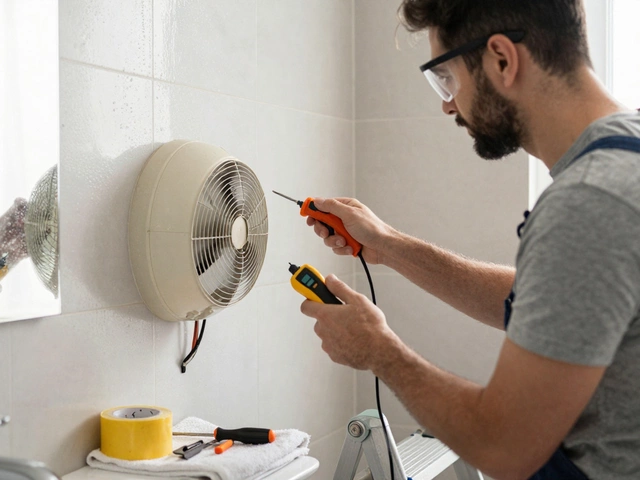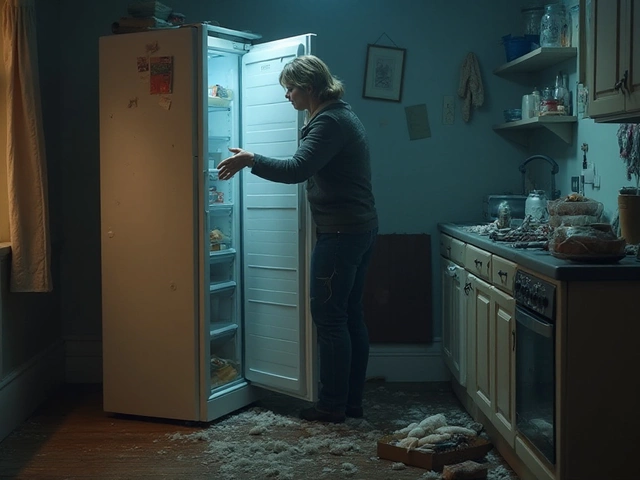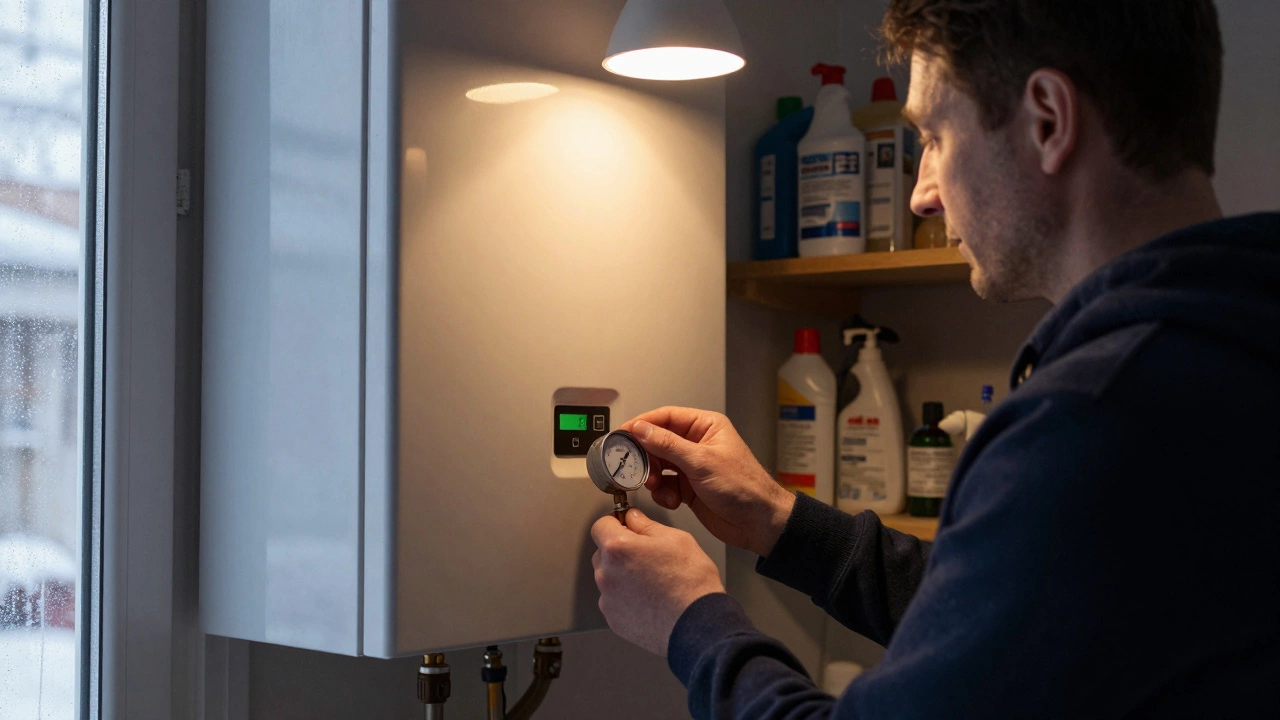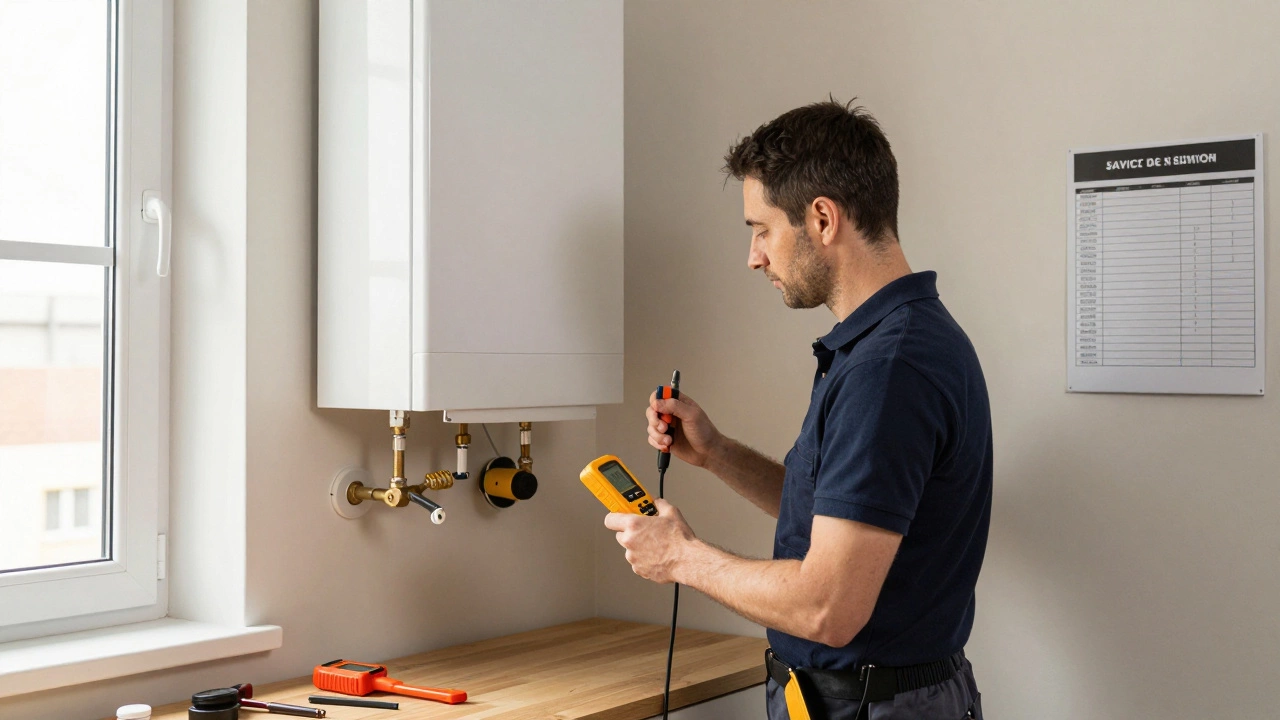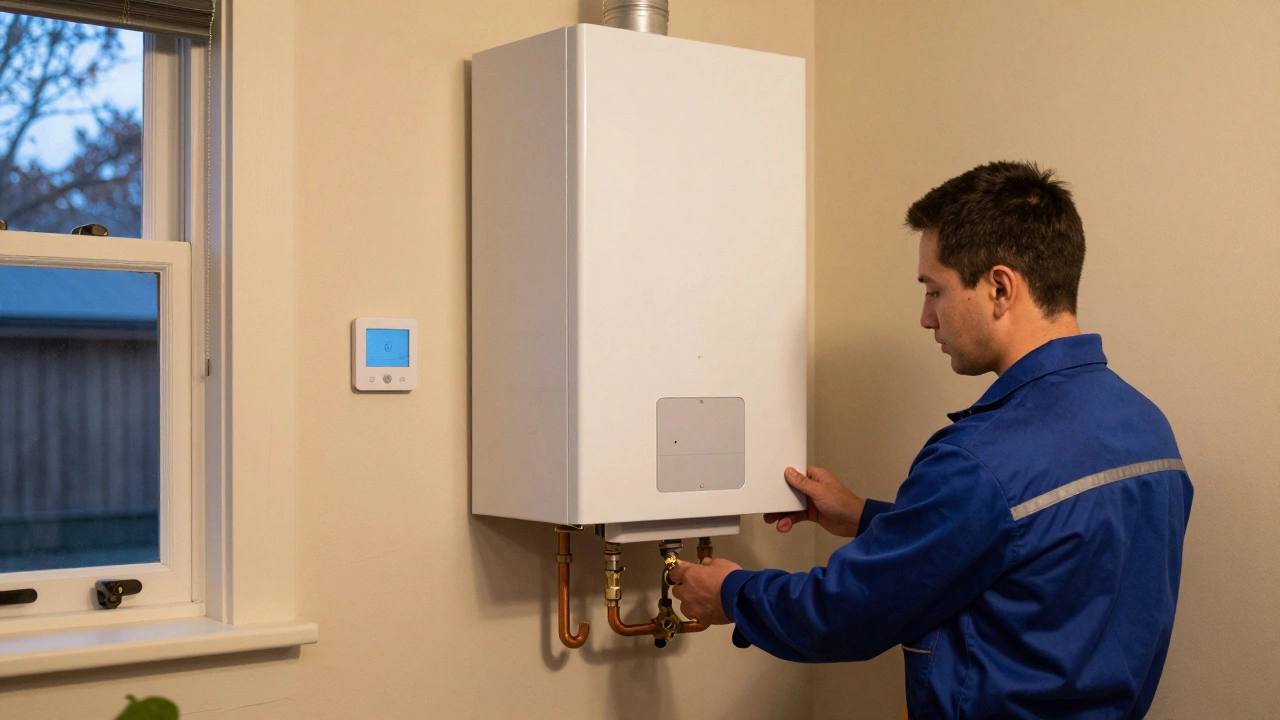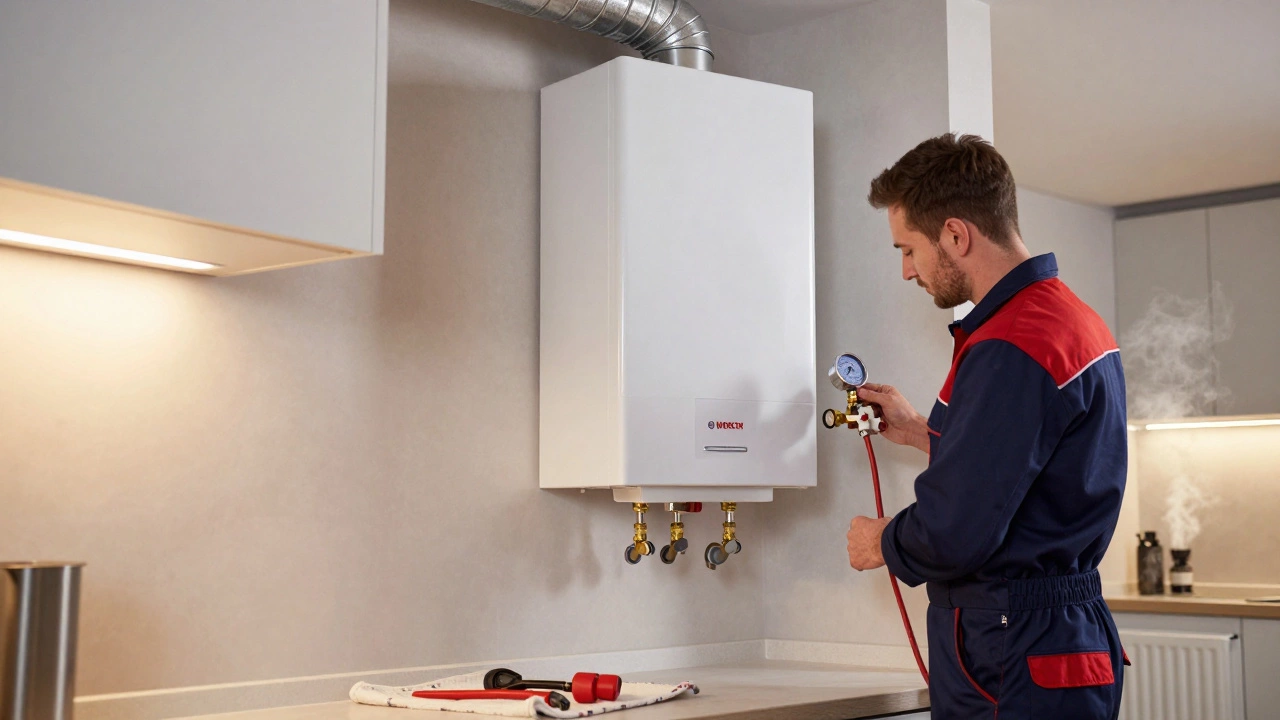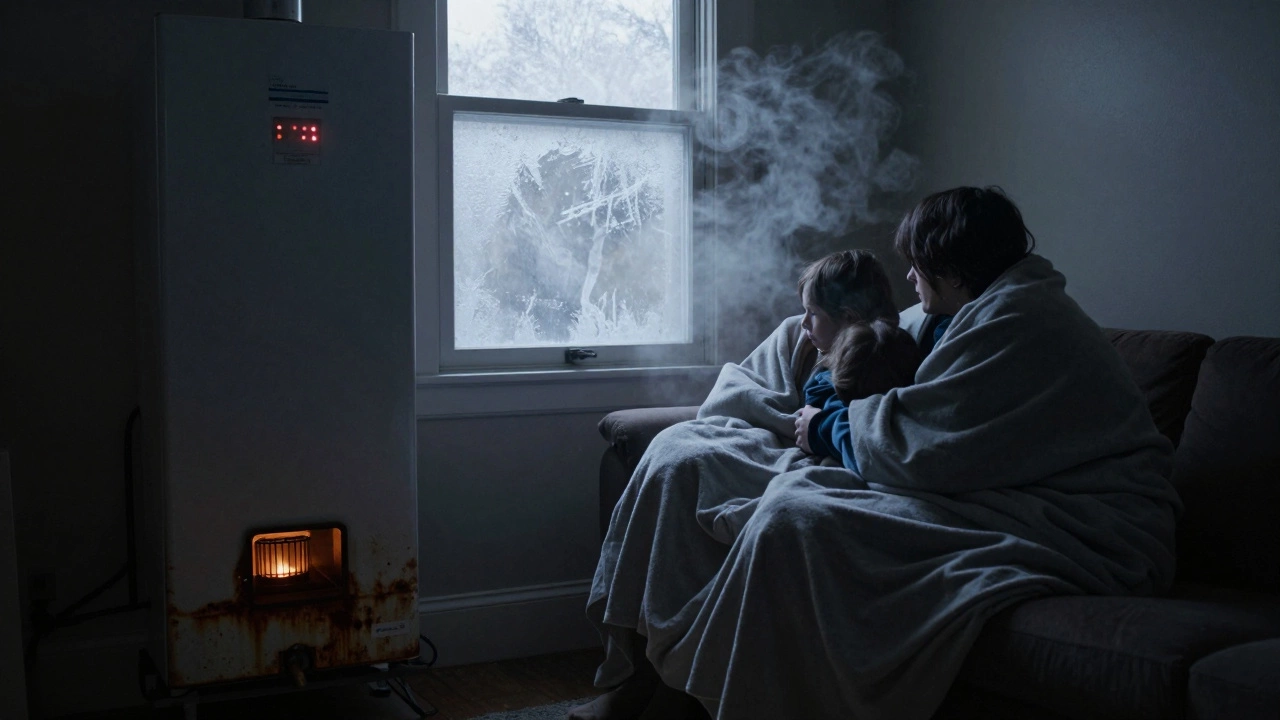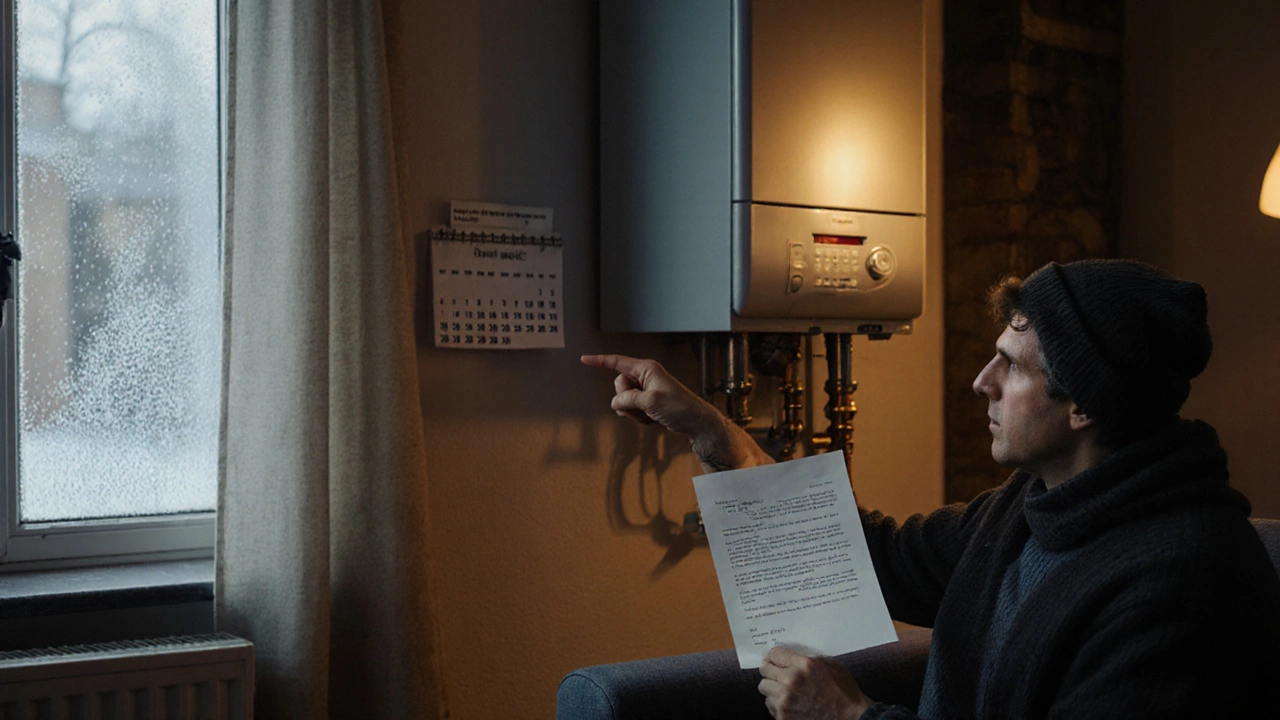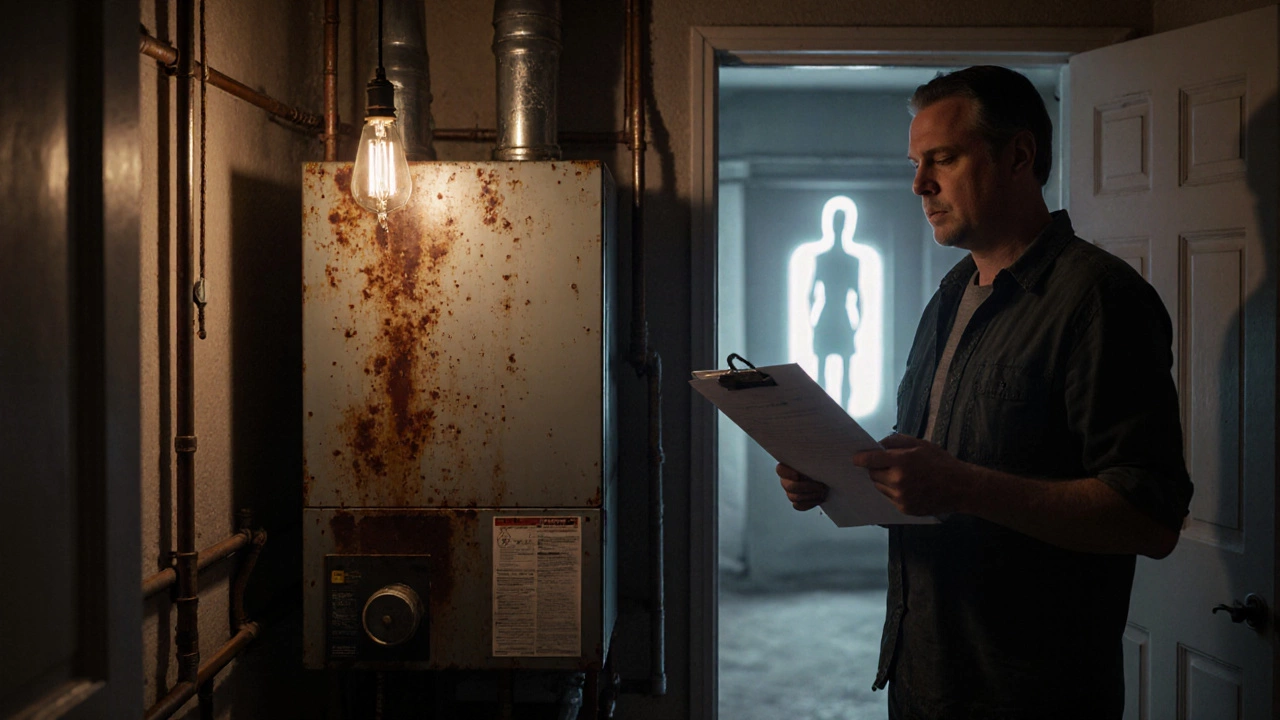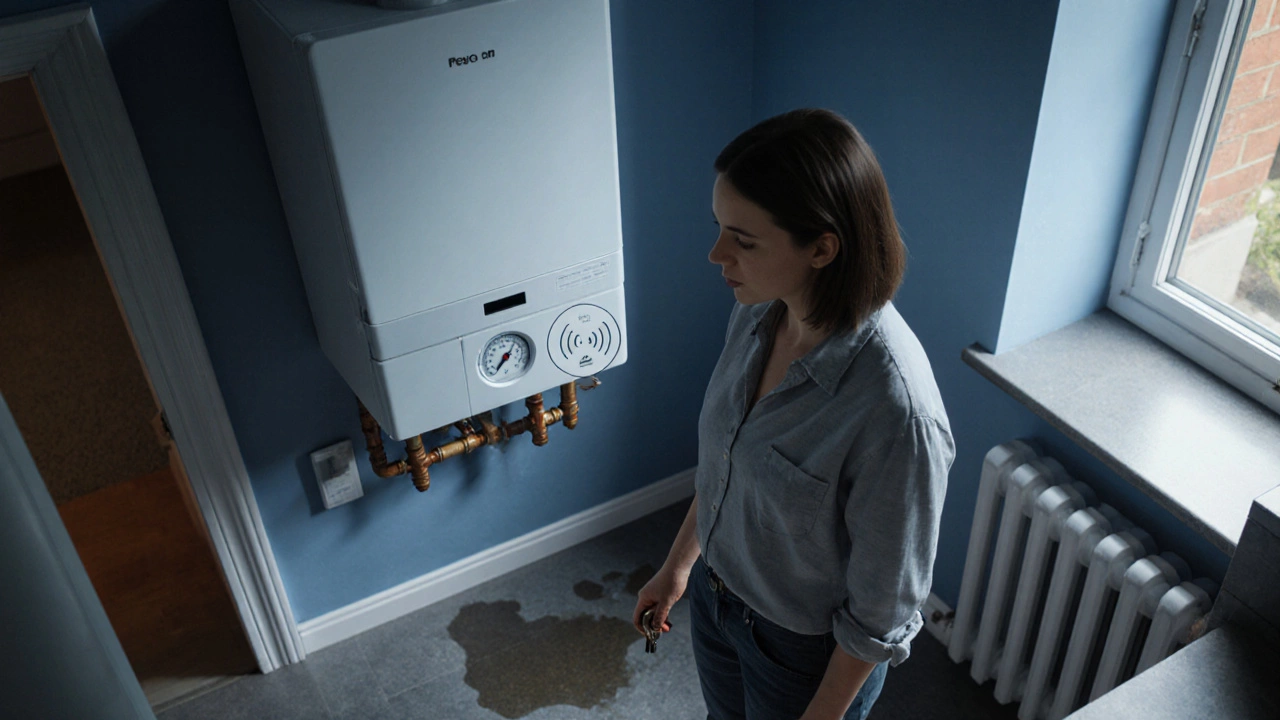Boiler Repair – Fast, Reliable Help in Rugby
If your boiler is acting up, you don’t have to panic. A few simple checks can tell you whether it’s a quick fix or a sign you need a professional. Knowing the right steps saves time, money, and keeps your home comfortable during cold weather.
Common Signs Your Boiler Needs Repair
First, listen for odd noises. Banging, whistling, or rattling usually means a loose part or a build‑up of limescale. Next, check the pressure gauge – if it’s consistently below 1 bar or spikes above 2.5 bar, the system isn’t balanced and could leak or overheat.
Look at the thermostat and radiators. Cold spots, uneven heating, or a thermostat that won’t stay set are clues that the boiler isn’t delivering heat properly. Also, if you notice a strong gas smell, a black soot ring around the flame, or a sudden loss of hot water, shut the boiler off and call a qualified technician right away.
Finally, keep an eye on your energy bill. A sudden jump without any change in usage often points to a failing boiler that’s working harder than it should.
How to Keep Your Boiler Running Smoothly
Regular servicing is the cheapest way to avoid costly breakdowns. A full service checks the heat exchanger, burner, and safety controls, catching small problems before they become big ones. Aim for a service at least once a year, especially before the cold season.
Bleeding radiators is another easy habit. Trapped air reduces efficiency and makes rooms feel chilly. Use a radiator key, turn the valve clockwise until water starts to flow, then close it.
Don’t forget the thermostat. Keep it away from drafts, curtains, or direct sunlight, and set it a few degrees lower at night to reduce wear. If you have a programmable model, program it to turn down when you’re out and back up before you return.
When you spot a problem, don’t try to tinker with gas lines or internal components unless you’re a certified professional. A DIY fix on a gas boiler can be dangerous. Instead, call a trusted local service like Rugby Appliance Repair Services – they’re trained to handle both boiler and other appliance issues safely.
In a pinch, you can do a quick reset: turn the boiler off, wait a minute, then turn it back on. This can clear minor electronic glitches, but it’s not a substitute for a proper inspection.
Remember, an old boiler (think 20‑plus years) may be more costly to maintain than to replace. If your unit is over a decade old, ask your technician for a cost‑benefit analysis. Sometimes a new, energy‑efficient model saves money in the long run.
Bottom line: catch the signs early, schedule regular service, and call a specialist when you’re unsure. With these habits, your boiler will keep your home warm and your worries low.
